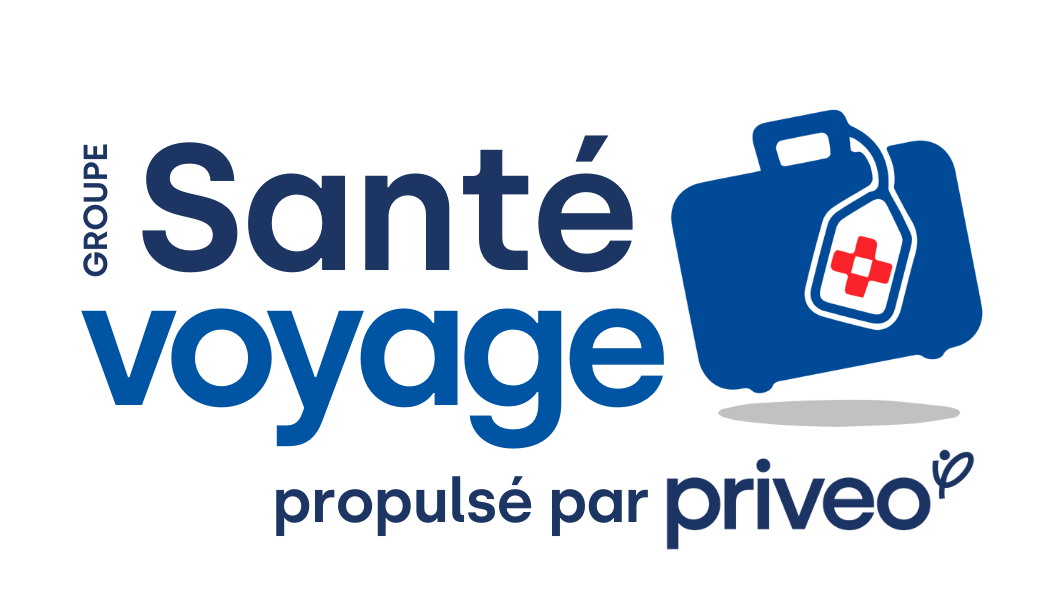Malaria is a potentially fatal tropical disease. It is better known as “malaria”. According to the World Health Organization (WHO), this pathology will cause around 619,000 deaths by 2021. And it’s especially rife in Africa. What do you need to know about this disease and how can you protect yourself? We tell you all about it!
How do you contract malaria?
Malaria is a disease transmitted to humans by the bites of certain mosquitoes between sunset and sunrise.
Infants, children under 5, pregnant women, immunosuppressed people and people living with HIV or AIDS are at greater risk of serious infection.
What are the symptoms of malaria?
Symptoms generally appear 10 to 15 days after the mosquito bite, but can sometimes last up to several months.
- Fever
- Chills
- Headaches
At this stage, the disease is generally benign. However, if left untreated, it can rapidly develop into a severe form. The risk of death is therefore increasingly high. Here are the signs of a severe form of malaria:
- Very high fever and/or extreme fatigue
- Breathing difficulties
- Repeated convulsions
- Abnormal bleeding, especially in the urine
- Icterus of the skin and eyes
- Confusion
How can malaria be prevented?
Anyone can contract malaria. It is therefore essential to take the necessary measures to protect yourself against the disease, particularly in highly exposed areas such as Central Africa… Here are a few precautions:
- Preventive treatment (chemoprophylaxis) to be taken in high-risk areas: must be prescribed by a professional following a medical consultation;
- Personal protection against mosquitoes (repellent containing DEET or icaridine)
- Use of mosquito netting or air conditioning
- Appropriate choice of clothing.
- Emergency treatment in case of symptoms: prescribed by a healthcare professional after risk assessment.
Consult a doctor as soon as possible in the event of suspicious symptoms (high fever)..up to 3 months after returning from a high-risk area.
A high fever is a sign of possible malaria, and should be investigated urgently.
Prepare your trip safely with Clinique Santé Voyage’s services
At Clinique Santé Voyage, we offer a pre-travel consultation service, either face-to-face or via telemedicine.
We assess the risks to which you are exposed, depending on your itinerary, destination, duration and travel conditions, and provide you with invaluable advice on how to stay healthy during your stay.
Whether it’s for vaccinations or prescriptions for medication needed during your stay, our professionals are concerned about your safety during your travels.
We invite you to contact us for further information. We’ll be happy to answer any questions you may have.




